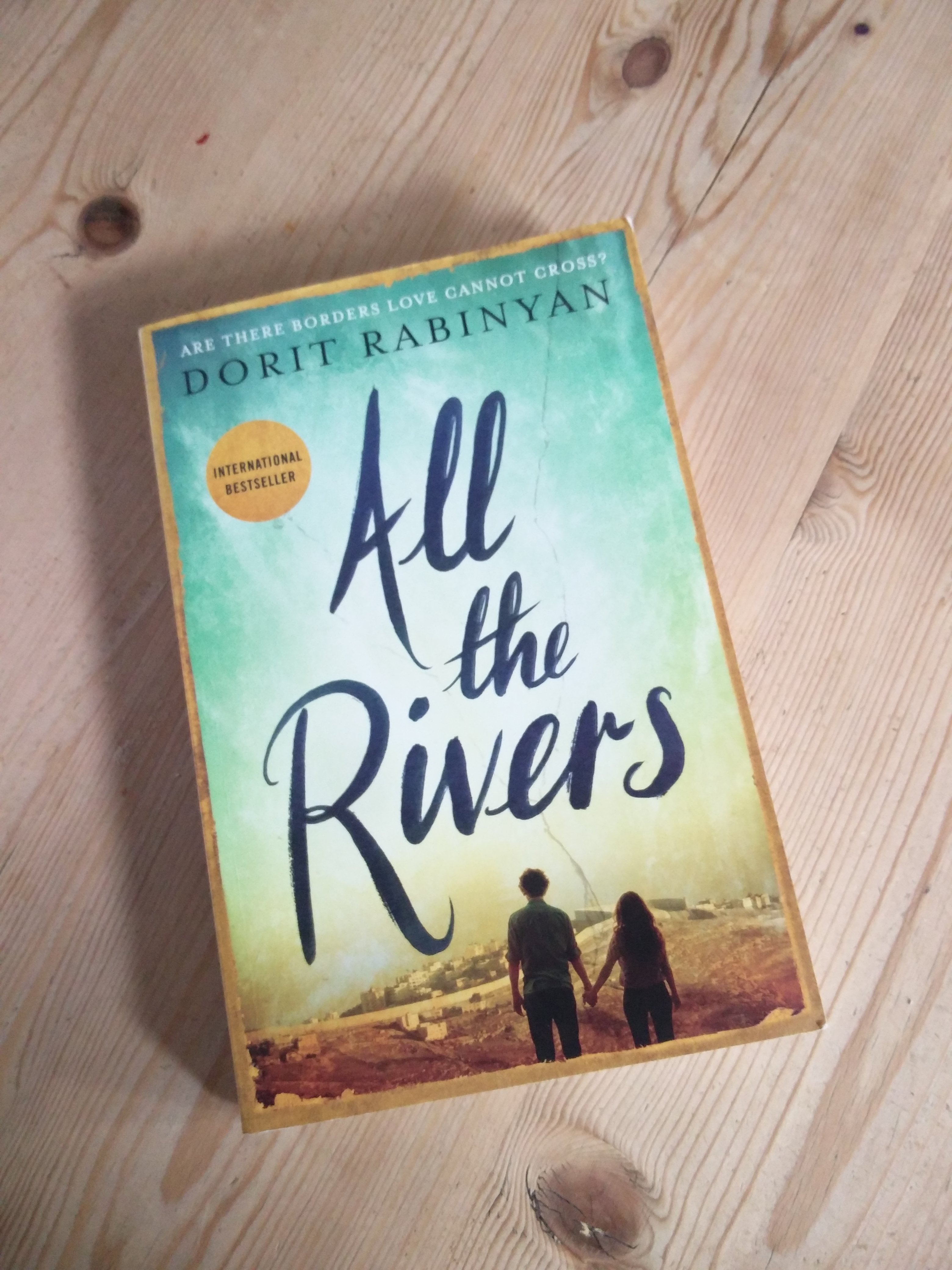Love Island is like marmite; you either love it or you hate it. You either get addicted and never miss an episode (or record it to catch up), or you don’t even start the season and avoid it the whole way through.
Some say that it is an interesting social experiment in which human interaction and behaviour is put through its paces, tested, pushed to the limit and analysed. Others say it is “tripe” with “such complete cretins” that take part in it (Piers Morgan, Good Morning Britain, ITV – 4th June 2018).
The reality television show is simple:
- Take 5 beautiful, physically attractive women in barely there swimming costumes, perfectly done hair and make-up.
- Take 6 hunky, physically fit men in swimming trunks and perfectly done hair and make-up.
- The women choose to pair up with the man of their choice based only on looks (this will intentionally leave one man without a lady).
- Keep the whole group isolated in a villa and film them 24/7.
- Have the new ‘couples’ get to know one another over the next week. This includes sharing a bed.
- The leftover single man needs to win over a girl with the aim to ‘couple up’ with her at the end of the week to be in with a chance of staying on the show.
- As the show goes on, the public vote out their least favourite contestants, until at the end, the public’s favourite couple win £50,000.
The show follows the trials and tribulations of these new pairings, some of which will continue to the end, others which will barely make it past the first week.
Is it an empty waste of time? Maybe. The topics of conversation within the group are always centered around themselves, their new relationships, and rarely, politics, the environment and Brexit. A lot of time is spent preening: working out, make-up, hair and wardrobe (even if it is only a bikini) seem to take up a lot of energy. Drama is often triggered by little things and it is triggered often. Tempers get frayed frequently and people grate on each other. In previous years, I constantly found myself getting wrapped up in the drama. It did make me question what I was really getting out of watching the show six out of seven nights for eight weeks.
This year, I decided not to watch Love Island. There was no real reason behind it. I wanted to see if I felt like I would be missing out if I didn’t watch it (and so far, I haven’t).
However, when I think of the show from a distance, I do find myself wondering if it can teach us anything about human behaviour and interaction. According to Thomas D. Cook and Donald T. campbell (1979): Quasi-experimentation: Design and Analysis Issues for Field Settings, “a social experiment is a research project conducted with human subjects in the real world. It typically investigates the effects of a policy intervention by randomly assigning individuals, families, businesses, classrooms, or other units to different treatments or to a controlled condition that represents the status quo.”
It is difficult to argue against being able to apply this definition to Love Island. After all, you take a set number of strangers, isolate them in one villa and ask them to ‘find love’, or at least convince the public that they have found love and you essentially have the human subjects, the controlled environment and the policy intervention.
Not only do we see how it is possible to fall in love with somebody you have paired up with based on little more than first, physical impressions, but we also see how it is possible to completely clash with someone. We see how it is possible to have a lot of camaraderie and support among each sex, but we also see how quickly competition and drama can jeopardize that friendship. We see romps and romantic conversations and at the same time we see mood swings and fits of rage that are little understood by the viewing public. I know that if I were trapped in a house with strangers, being filmed all the time, having to get on with someone I don’t necessarily like or fancy, then I would probably be grumpy too!
Whether Love Island is simply silly or an experiment we can really learn something from is not for me to decide but rather for each of us to decide based on our own experience of the show. If you love it, indulge in it and enjoy it. If you hate it, let’s not spoil it for those who love it. Whether you love it or hate it, Love Island is here to stay.





